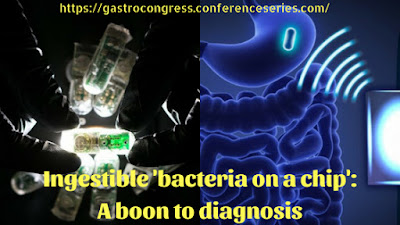A healthy gut : better recovery from spinal cord injury

Our gut microbiota communicates with the central nervous system (CNS) by collaboration with immune cells and discharging metabolites that pass through the blood-brain barrier. Most (~70-80 percent) immune cells within the body are found inside gut-associated lymphoid tissues . The influence of our gut microbes is far-reaching. From boosting the adequacy of chemotherapy to influencing obesity risk in youth, the gut microbiome is unimaginably important for our body's overall health. In addition to the more obvious impacts of traumatic spinal line injuries, the researchers say they have auxiliary impacts, counting loss of bowel control, which can cause disturbance to the gut microbiome. Named "dysbiosis," this disruption happens when "good" bacteria are drained or invade by "bad" bacteria within the gut. Previously, autoimmune illnesses - such as multiple sclerosis and type 1 diabetes - have been connected to dysbiosis, and the researchers say i...



